One more year, Giropoma has attended the 40th Jornada Fructícola organized by the Institute of Agrifood Research and Technology in La Tallada d’Empordà. This event has established itself as an unmissable event for professionals in the fruit sector, focusing on sustainable apple production and sharing the latest technological and scientific advances.
During the session, which took place this February 26, 2025, several experts have addressed key issues for the fruit sector. Carlota Gonzalez, IRTA researcher, was in charge of kicking off the presentations, analyzing how variations in the accumulation of chilling hours affect the dormancy and flowering of apple trees in the Girona region.
For their part, researchers Luis Gonzalez and Jaume Lordan, also from IRTA, presented a commented presentation on the most interesting apple varieties. They highlighted new varieties that offer improvements in quality, flavor and disease resistance, crucial aspects for growers seeking to adapt to market demands and changing climatic conditions.
Next, Lee Kalsits, from the University of Washington, delved into the role of rootstocks in calcium management, an essential element to prevent physiological disorders such as “bitter pit” in apples. In addition, Glòria Àvila and Luis Gonzalez, from IRTA, reviewed effective calcium application strategies to control this physiopathy, providing practical recommendations for growers.
In the field of diseases, Bertrand Alison, from CTIFL/SudExpé, presented experiences and results in the control of Colletotrichum in France, while Jordi Cabrefiga, from IRTA, presented local experiences in the management of Glomerella in Girona, offering valuable perspectives for growers in the region.
This day has provided updated knowledge and practical tools to face present and future challenges in apple production. Giropoma‘s participation in this event reflects its commitment to innovation and sustainability in apple production.

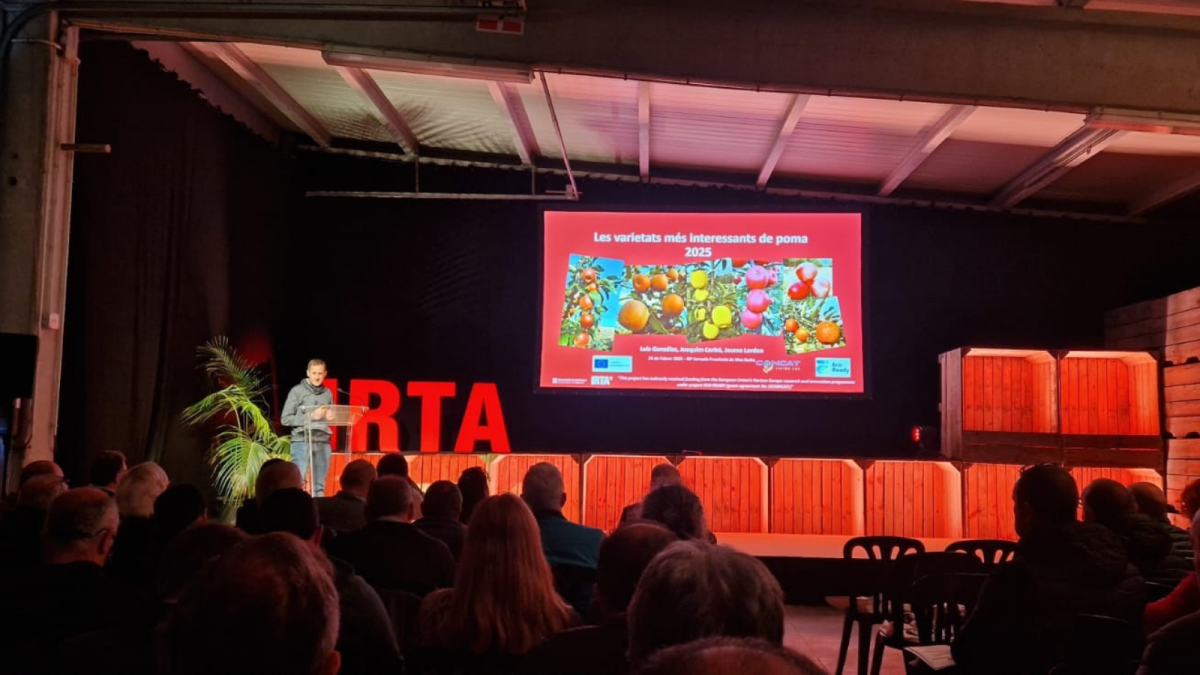
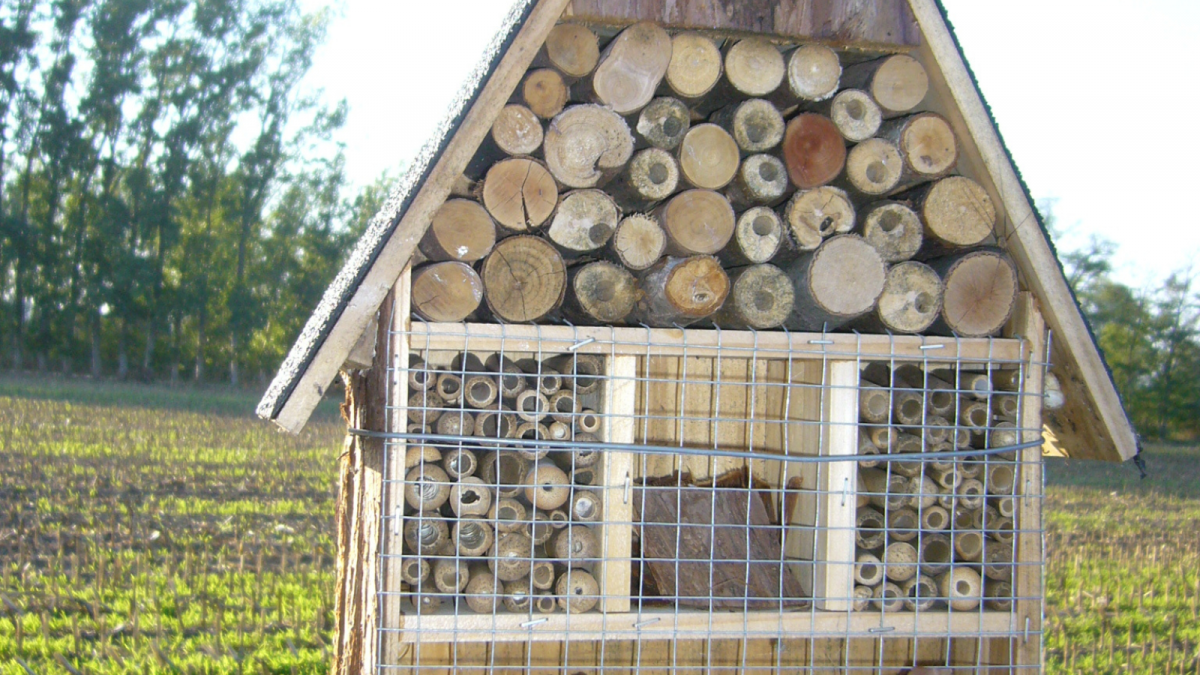
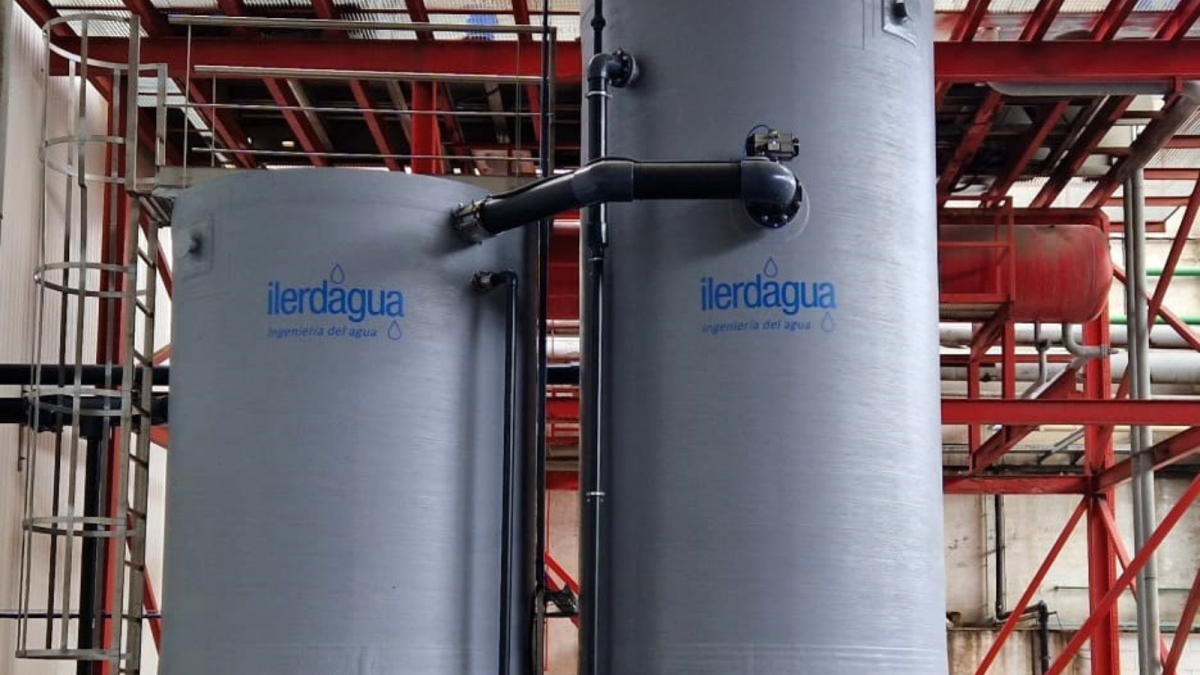
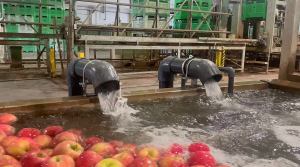
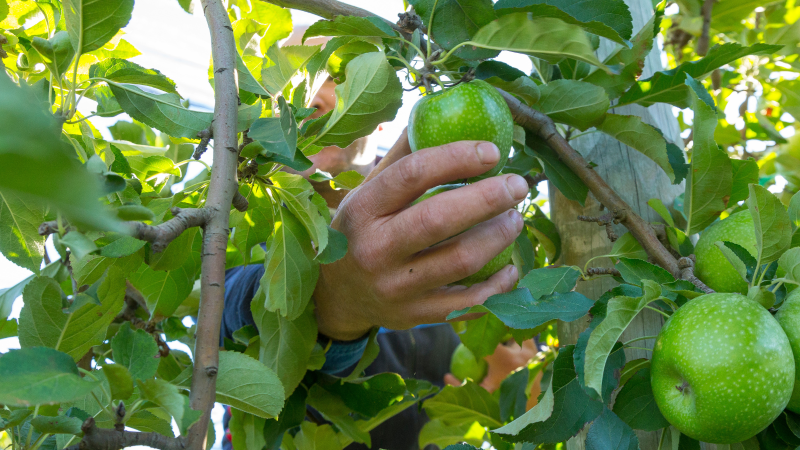


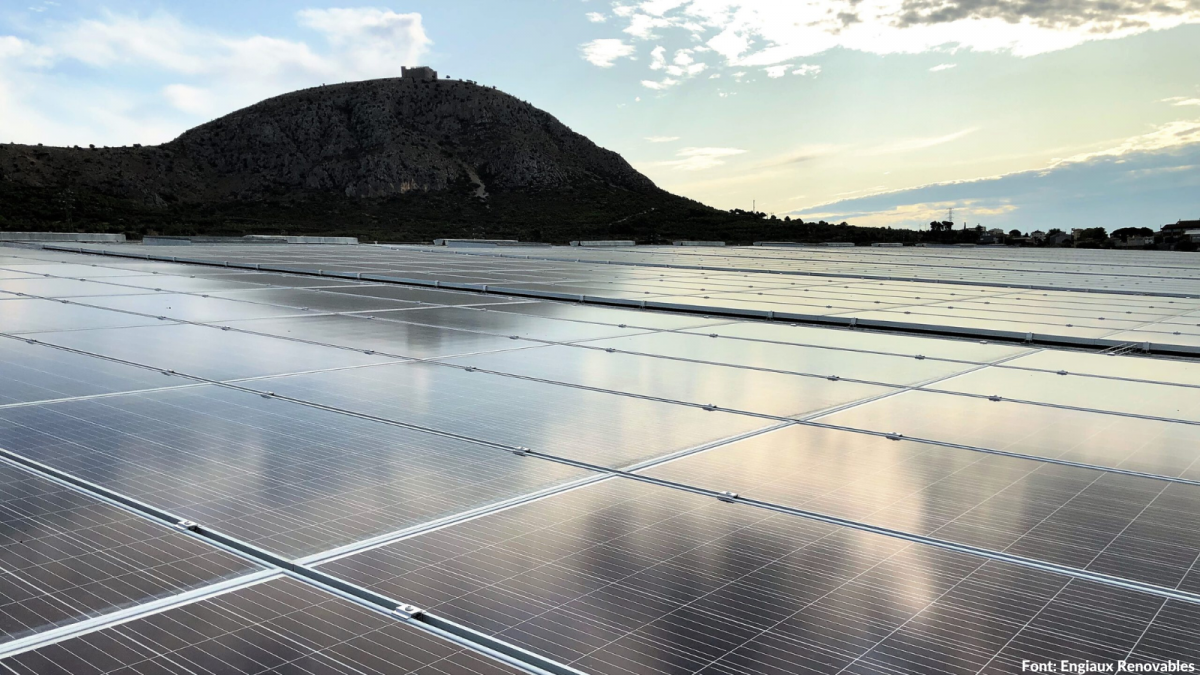
 Source: Regsiter of Self-consumption in Catalonia
Source: Regsiter of Self-consumption in Catalonia Source: Regsiter of Self-consumption in Catalonia
Source: Regsiter of Self-consumption in Catalonia